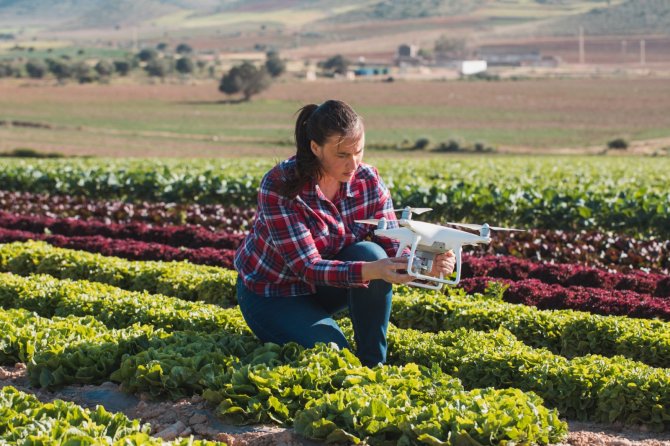1s7: Effects of treated wastewater irrigation on soil quality
Abstract
Available freshwater is a limited resource worldwide, especially under a growing population and climate change. Wastewater reuse for irrigation is increasing globally, because of its potential to contribute to sustainable agriculture and circular economy. The use of treated wastewater (TWW) can decrease the pressure on freshwater resources, and it adds nutrients to the soil which may be beneficial for crop growth. However, its use on agricultural land can lead to soil contamination, salinization and structure degradation. In Flanders, Belgium, there is a high risk of water scarcity during drought events, but TWW irrigation is hardly used. Especially salinity problems associated with TWW irrigation on soil structure and water infiltration have not been studied so far in Flanders. This study, therefore, aims to investigate the effects of TWW irrigation on soil physical quality in Flanders, Belgium.Â
Downloads
Published
Versions
- 2022-04-03 (2)
- 2022-03-11 (1)
Issue
Section
License
Copyright (c) 2022 Conference Circular@WUR

This work is licensed under a Creative Commons Attribution-NonCommercial 4.0 International License.


